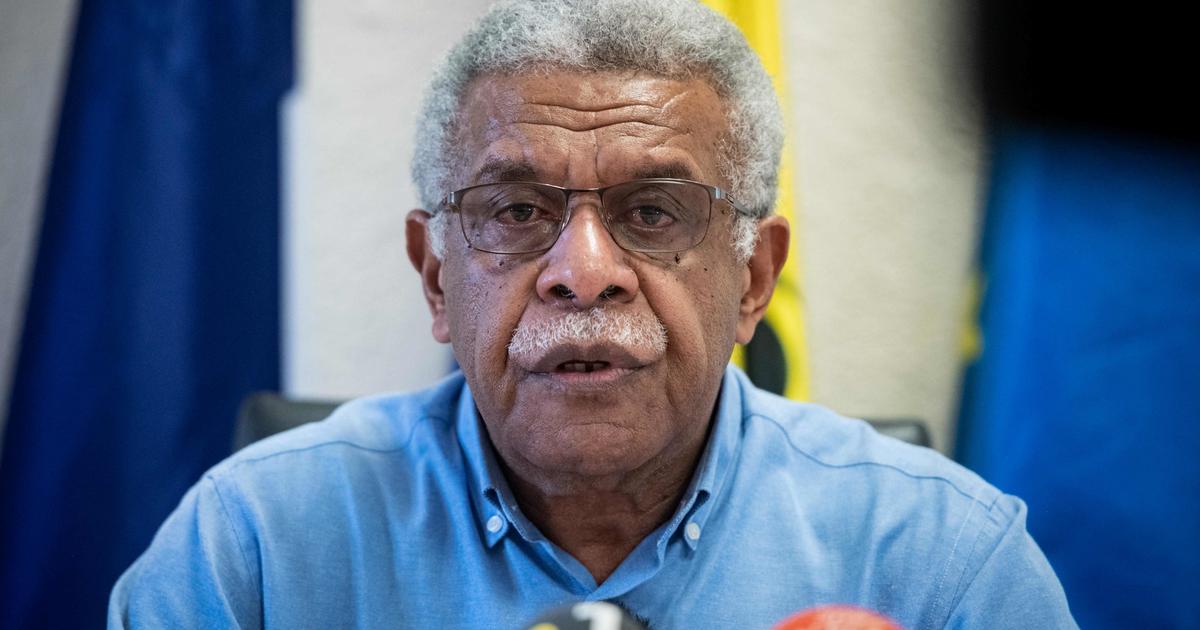New Caledonia Faces Political Turbulence and Calls for Renewed Leadership
The President of the Government of New Caledonia, Louis Mapou, has called for a critical reassessment of the region's political framework in the face of its most severe crisis since the mid-1980s. Amid escalating unrest following an electoral reform vote criticized by the separatists, Mapou made a passionate television address, urging for peaceful resolution and deeper political change. During his speech, Mapou paid tribute to victims of the unrest, recently acknowledging an eighth death linked to the conflict.
Criticism has been directed at both the pro-independence and loyalist parties for their roles in the ongoing violence. Mapou singled out the 'too measured management' by pro-independence factions and the 'permanent escalation' by loyalist leaders as significant contributors to the volatile climate. The crux of the conflict centers around a constitutional law aimed at expanding the electorate for provincial elections, which separatists argue marginalizes the indigenous Kanak population.
Referring to the contentious electoral reform as a constitutional law 'going against the grain of history,' Mapou urged swift action to address these long-standing grievances. He called on President Emmanuel Macron and Parliament to understand the urgency of the situation for a 'global agreement on the institutional future' of New Caledonia. Crucially, Mapou emphasized the importance of including the perspectives of the 'new generation of young Caledonians, particularly the Kanak,' in these discussions. He argued that failure to recognize these voices would perpetuate the colonial system and hinder meaningful change.
To facilitate the reconstruction of the political and social fabric of New Caledonia, Mapou appealed for international support from neighboring countries such as Australia, New Zealand, Vanuatu, Indonesia, and Japan. He stressed that beyond state aid, diplomatic backing is essential for achieving long-term stability.
In conclusion, Mapou underscored the need to 'rebuild a new link' that would advance New Caledonia beyond its colonial legacy, ensuring that the events are recounted and experienced differently moving forward. This calls for extensive efforts in policy changes, societal involvement, and international cooperation to navigate through the crisis and lay down a sustainable path for the future.
- Contrastingly, in Berlin, a different political upheaval is taking place involving the President of the Technical University (TU), Geraldine Rauch, amid allegations of anti-Semitism. Chancellor Olaf Scholz removed Rauch from his advisory circle following accusations related to her activity on social media concerning the Gaza war. Despite a narrow majority of the Academic Senate voting for her resignation, Rauch has decided to remain in office.
- Criticism against Rauch intensified as Jewish organizations and political figures condemned her actions. The Central Council of Jews in Germany accused her of insufficient sensitivity to the gravity of anti-Semitic sentiments. Furthermore, the International Auschwitz Committee expressed dismay and demanded her resignation, stressing that her behavior was disastrous for both the university and Germany.
- Monday's special meeting of the TU's supervisory board will be pivotal in deciding Rauch's future. It's possible the board may vote her out of office if a two-thirds majority is achieved, a process that would require multiple rounds of voting including the Academic Senate and Extended Academic Senate. Rauch, meanwhile, has apologized for her actions and expressed a commitment to address anti-Semitism at the university, seeking disciplinary proceedings against herself to tackle these allegations objectively.
- Both situations in New Caledonia and Berlin highlight the complexities and significant impacts of political leadership on regional stability and community trust. Effective resolution in both cases calls for inclusive dialogue, accountability, and comprehensive policy frameworks to restore peace and confidence in the respective institutions.






